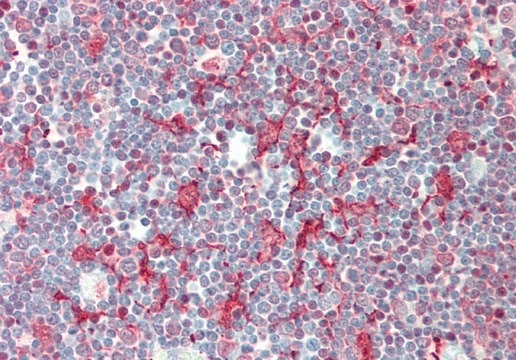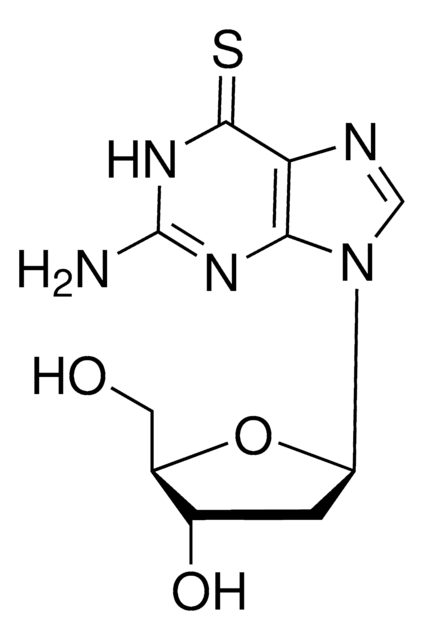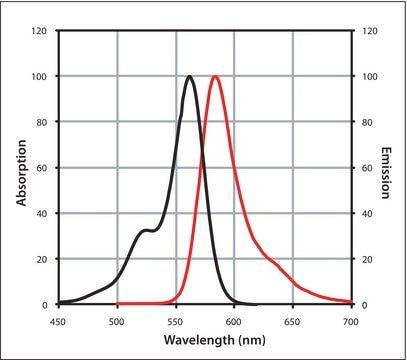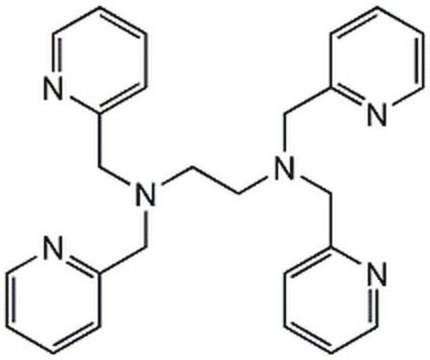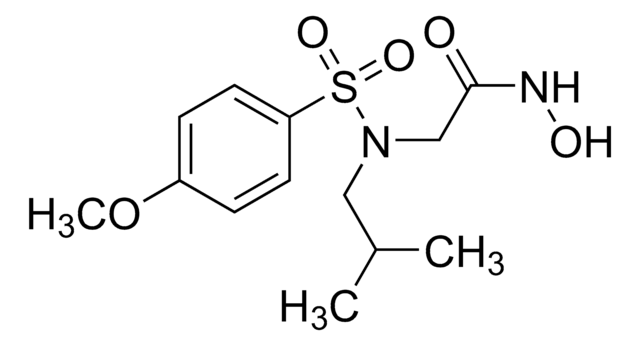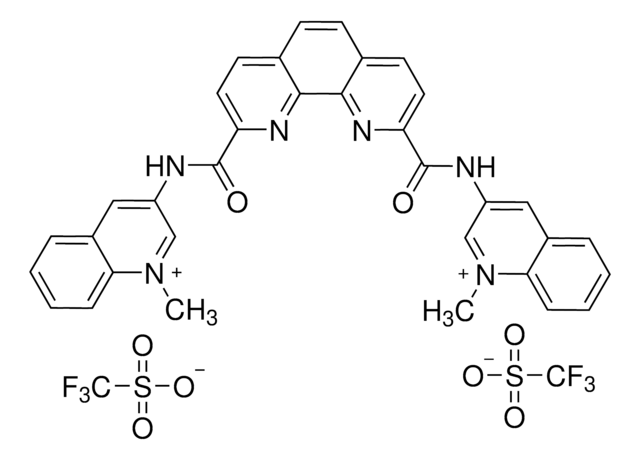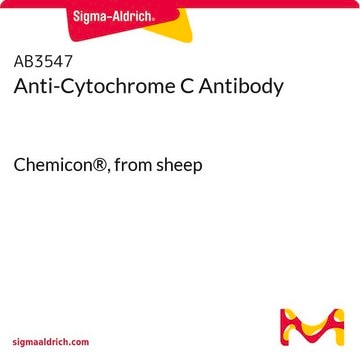M212
Mastoparan-7
≥97% (HPLC), lyophilized powder
Synonym(s):
Mas 7
About This Item
Recommended Products
Quality Level
assay
≥97% (HPLC)
form
lyophilized powder
storage temp.
−20°C
SMILES string
CC[C@H](C)[C@H](N)C(=O)N[C@@H](CC(N)=O)C(=O)N[C@@H](CC(C)C)C(=O)N[C@@H](CCCCN)C(=O)N[C@@H](C)C(=O)N[C@@H](CC(C)C)C(=O)N[C@@H](C)C(=O)N[C@@H](C)C(=O)N[C@@H](CC(C)C)C(=O)N[C@@H](C)C(=O)N[C@@H](CCCCN)C(=O)N[C@@H](C)C(=O)N[C@@H](CC(C)C)C(=O)N[C@@H](CC(C)C)C(N)=O
InChI
1S/C67H124N18O15/c1-18-38(12)53(71)67(100)85-51(32-52(70)86)66(99)84-50(31-37(10)11)64(97)79-45(24-20-22-26-69)61(94)75-42(16)58(91)82-47(28-34(4)5)62(95)76-39(13)55(88)73-40(14)57(90)81-48(29-35(6)7)63(96)77-41(15)56(89)78-44(23-19-21-25-68)60(93)74-43(17)59(92)83-49(30-36(8)9)65(98)80-46(54(72)87)27-33(2)3/h33-51,53H,18-32,68-69,71H2,1-17H3,(H2,70,86)(H2,72,87)(H,73,88)(H,74,93)(H,75,94)(H,76,95)(H,77,96)(H,78,89)(H,79,97)(H,80,98)(H,81,90)(H,82,91)(H,83,92)(H,84,99)(H,85,100)/t38-,39-,40-,41-,42-,43-,44-,45-,46-,47-,48-,49-,50-,51-,53-/m0/s1
InChI key
HOLQXBRPSSZJMZ-FGRXCANLSA-N
Amino Acid Sequence
General description
Application
Biochem/physiol Actions
Analysis Note
wgk_germany
WGK 3
flash_point_f
Not applicable
flash_point_c
Not applicable
ppe
Eyeshields, Gloves, type N95 (US)
Certificates of Analysis (COA)
Search for Certificates of Analysis (COA) by entering the products Lot/Batch Number. Lot and Batch Numbers can be found on a product’s label following the words ‘Lot’ or ‘Batch’.
Already Own This Product?
Find documentation for the products that you have recently purchased in the Document Library.
Our team of scientists has experience in all areas of research including Life Science, Material Science, Chemical Synthesis, Chromatography, Analytical and many others.
Contact Technical Service

